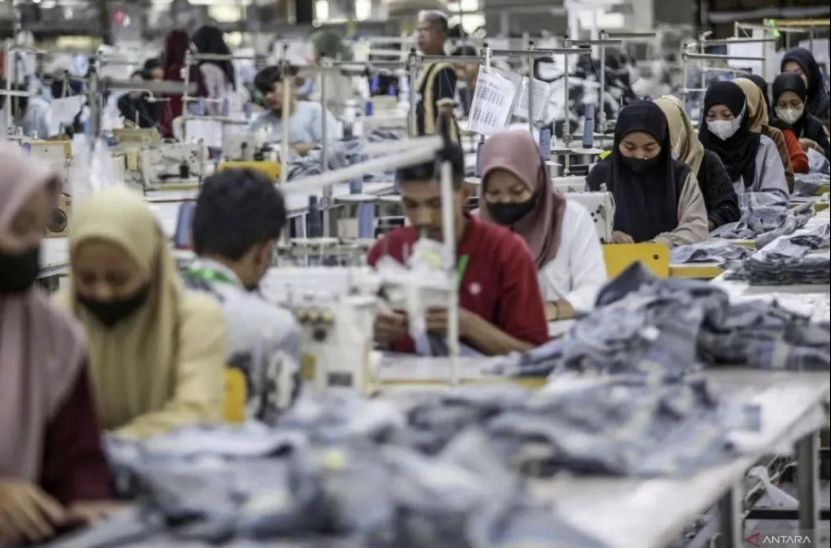Indonesian industry demands anti-dumping duties on Chinese textiles

The Indonesian Fiber and Filament Producers Association has proposed an anti-dumping import tariff of at least 20% on imported filament products, mainly from China, to enhance the competitiveness of the country's textile industry.The tariffs were imposed in response to "dumping" by foreign producers, which had severely weakened the production capacity and competitiveness of Indonesia's textile industry from upstream to downstream. Dumping has led to price distortions in the country, and the 20% tariffs are seen as the "ideal point" for balancing the upstream and downstream sectors, helping the upstream sector to recover while avoiding excessive burdens on the downstream sector. The chairman of the association said that the preliminary recommendation of the Indonesian Anti-Dumping Commission (ADC) varied widely in the tariff range (up to 42.3%), but after discussion, 20% was considered to be a reasonable level to balance the upstream and downstream industries. Dumping has led to a decline in domestic demand in the filament, spinning, and polymer industries, and some large companies have closed their production lines, leaving only four producers with limited operations. The objective of the tariff is not only to save the filament industry, but also to ensure the survival and healthy competition of the entire textile chain, from polymers to filaments to garments. 20% tariffs are a reasonable response to the structural damage of the industry caused by dumping, and are not sufficient to eliminate the price difference (Chinese imports may be half the price of local imports) but they are important to maintain the domestic industry in the face of unfair global competition," the Executive Director of CORE Indonesia said. The tariffs are not enough to completely eliminate price differences (Chinese imports may be half the local price), but they are essential to maintain the survival of the domestic industry against unfair global competition.

